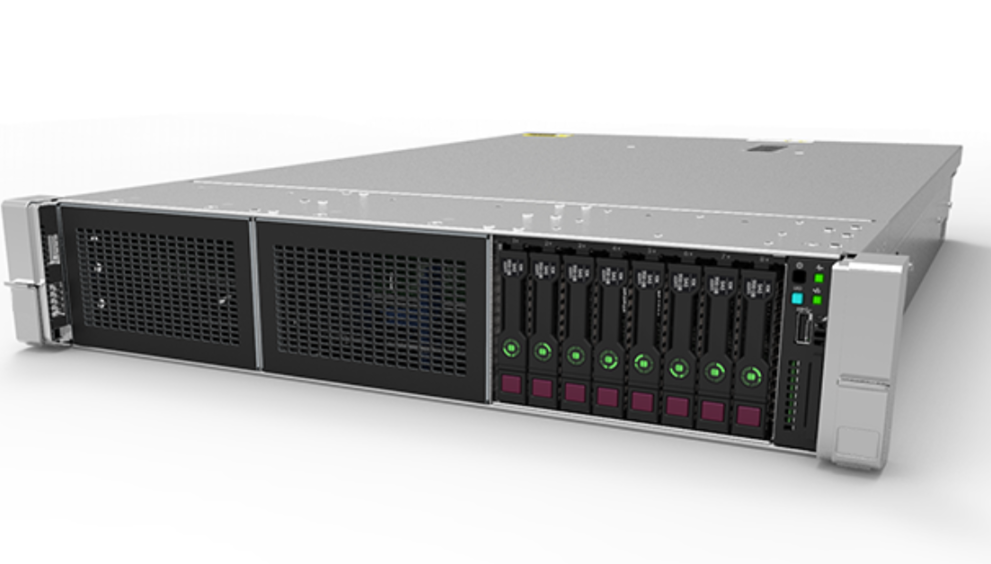Media Convergence Server: Revolutionizing Content Delivery in the Digital Age

Consumers expect instant access to multimedia content across various platforms, pushing businesses, to innovate constantly to meet these growing expectations. In the fast-paced digital world, the need for swift, efficient, and high-quality content delivery is at an all-time high. Consumers demand immediate access to multimedia content across multiple platforms, compelling businesses to continuously innovate to meet these rising expectations. Consumers expect instant access to multimedia content across various platforms, pushing businesses to innovate constantly to meet these expectations.
Understanding the Media Convergence Server:
To grasp the importance of a Media Convergence Server, one must first understand media convergence. Media convergence is the merging of traditional and digital media, enabling seamless content flow across various channels.
What is a Media Convergence Server?
A Media Convergence Server (MCS) is a technology platform that integrates, manages, and delivers multimedia content across various platforms.
The architecture of an MCS is built to support the convergence of various media types, including video, audio, text, and images. It optimizes content for different devices and networks ensuring a smooth and seamless user experience.
Key Features of a Media Convergence Server:
A Media Convergence Server comes with a range of features that make it an invaluable tool for modern media companies. Here are some of its key attributes:
- Content Management System (CMS): A robust, integrated CMS allows for the efficient organization, storage, and retrieval of multimedia, content. This enables content creators to easily upload, edit, and manage files, making them readily, available for distribution.
- Multi-Platform Delivery: The MCS supports content delivery across various platforms including web, mobile, and social media.
- Transcoding and Encoding: Featuring state-of-the-art transcoding and encoding technology the MCS optimizes content for diverse formats and resolutions.
- Real-Time Streaming: Perfect for live broadcasts, and events, MCS efficiently manages high traffic, ensuring seamless content delivery
- Content Personalization: Personalized content is key, and the MCS delivers targeted content based on user preferences and behavior, enhancing user experience and engagement.
- Security and Compliance: The MCS is equipped with robust security features to safeguard content from unauthorized access and piracy, ensuring compliance with industry standards, copyright laws and data protection policies.
- Analytics and Reporting: The MCS provides detailed analytics, and reporting tools that allow media companies to track content performance and audience engagement, offering invaluable insights for informed decision-making.
The Importance of a Media Convergence Server
In the era of digital transformation, a Media Convergence Server is essential for media companies aiming to remain competitive. Here’s why:
- Streamlined Content Workflow: An MCS simplifies the content creation and distribution process reducing the time and effort required to deliver content.
- Improved Audience Reach: By supporting multi-platform delivery the MCS enables media companies to reach a broader audience ensuring that,content is accessible on various devices and platforms.
- Cost Efficiency: The MCS reduces the need for multiple content delivery systems, resulting in cost savings.
- Scalability: As media companies grow and their content libraries expand, the MCS can scale to meet increasing demands, ensuring that the system remains efficient and effective, even as the volume of content grows.
- Adaptability: The MCS is designed to adapt to evolving technologies, and consumer behaviors integrating with new platforms and devices to keep media companies, ahead of industry trends.
How a Media Convergence Server Works
The operation of a Media Convergence Server involves several key processes, working together to ensure efficient content delivery. Here’s a breakdown of how an MCS functions:
- Content Ingestion: This can include videos audio text images and other media types. The MCS automatically categorizes and stores the content in its integrated Content Management System (CMS).
- This can include video audio text images and other media types. The MCS automatically categorizes and stores the content in its integrated Content Management System, (CMS).
- Transcoding and Encoding: This is critical for ensuring that the content is compatible with different devices and networks.
- Content Personalization: The MCS personalizes content delivery based on user preferences and behavior.
- Analytics and Reporting: Throughout the content delivery process, the MCS collects data on content performance and audience engagement.
- Enhanced User Experience: An MCS delivers a seamless and enjoyable user experience by optimizing content for various devices and networks. This is essential for retaining audience attention and fostering brand loyalty.
Benefits of Implementing a Media Convergence Server
Implementing a Media Convergence Server offers numerous advantages to media companies and content creators. Here are some of the key benefits:
- Centralized Content Management: An MCS offers a unified platform to manage various multimedia content, streamlining creation and distribution by eliminating the need for multiple systems and tools.
- Increased Efficiency: The MCS, streamlines content workflows, enabling media companies to deliver content faster and more efficiently, allowing them to focus more on creating high-quality content.
- Improved Content Quality: By optimizing content for different devices and networks the MCS ensures that audiences receive the best possible viewing experience.
- Broader Audience Reach: With support for multi-platform delivery an MCS enables media companies to reach a wider audience by delivering content across various devices and platforms.
- Enhanced User Experience: An MCS delivers a seamless and enjoyable user experience by optimizing content for various devices and networks. This is essential for retaining audience attention and fostering brand loyalty.
- Cost Savings: An MCS reduces the need for multiple content, delivery systems leading to cost savings.
- Future-Proofing: An MCS adapts to evolving technologies and consumer behaviors
Use Cases of Media Convergence Server
The versatility of a Media Convergence Server makes it applicable across various industries and scenarios. Here are some common use cases:
- Broadcasting and Streaming Services: Media companies that offer live broadcasting and streaming services benefit from the MCS’s real-time streaming capabilities, ensuring that live content is delivered to audiences with minimal latency and high quality.
- News and Media Outlets: News organizations utilize the MCS to manage and distribute multimedia content across various platforms, including websites, mobile apps, and social media.







